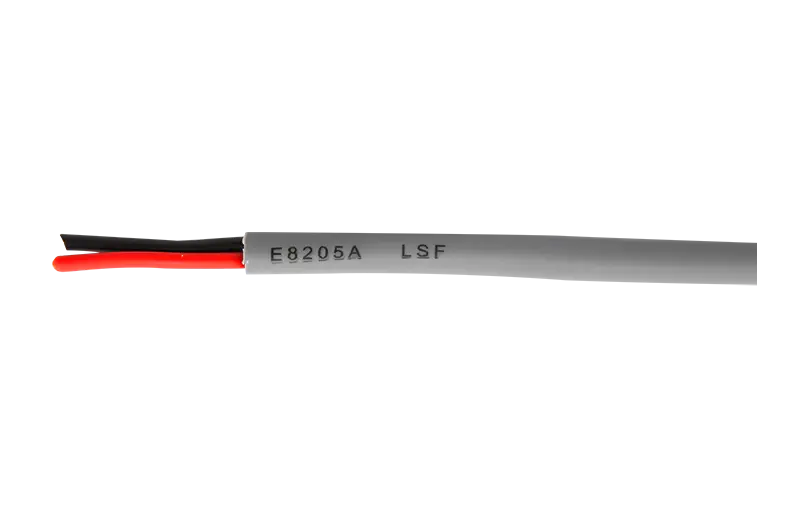Summary:In modern infrastructure, electrical control cables are indispensable in bolstering both safety and efficiency across a wide range of applications. Th
In modern infrastructure, electrical control cables are indispensable in bolstering both safety and efficiency across a wide range of applications. These cables are integral to the seamless operation of control systems and automation processes that are essential for the functioning of contemporary infrastructure. By ensuring reliable transmission of power and control signals, they play a crucial role in maintaining operational integrity and preventing potential hazards.
The primary contribution of electrical control cables to safety lies in their role in the reliable transmission of signals and power to various control and monitoring systems. These cables are designed to handle the complexities of modern industrial environments, where real-time data and control are paramount. By providing a stable connection between sensors, actuators, and control units, they enable continuous monitoring and regulation of machinery and equipment. This real-time oversight allows for the early detection of anomalies or faults, thereby facilitating timely interventions that prevent accidents and operational failures. For instance, in emergency systems such as fire alarms or security setups, electrical control cables transmit critical signals to activate alarms or shutdown procedures, effectively safeguarding personnel and property.
Moreover, the robustness of electrical control cables is a key factor in enhancing safety. Designed with high-quality insulation and protective materials, these cables are built to withstand environmental stresses and mechanical damage. This durability reduces the risk of cable failures that could otherwise lead to hazardous situations, ensuring a stable and secure operation of the infrastructure. In essence, the reliability and resilience of these cables contribute significantly to maintaining a safe operational environment.

In terms of efficiency, electrical control cables enable optimized operation and integration of various systems within modern infrastructure. By ensuring accurate and efficient transmission of control signals, these cables help streamline industrial processes and machinery operations. This optimization not only enhances the overall performance but also contributes to energy efficiency. High-quality cables are engineered to minimize energy loss through resistance, ensuring that power is delivered effectively and reducing operational costs. The ability of electrical control cables to support automation and smart technologies further amplifies their impact on efficiency. For example, they are pivotal in implementing advanced control systems and integrating various components, which facilitates smoother and more coordinated operations.
Custom electrical control cables, in particular, offer significant advantages in tailored applications. Unlike standard cables, custom solutions are designed to meet specific requirements of unique projects or environments. This customization ensures that the cables are perfectly suited to handle particular operational demands and environmental conditions, thereby enhancing both safety and efficiency. Custom cables can be engineered with specialized materials and configurations to address specific challenges, such as extreme temperatures or high electromagnetic interference, ensuring optimal performance and longevity.
In summary, electrical control cables are vital in enhancing both safety and efficiency in modern infrastructure. Their ability to provide reliable power and signal transmission, combined with their robust design and support for advanced technologies, makes them essential for maintaining safe and efficient operations. Custom electrical control cables further enhance these benefits by offering tailored solutions that meet specific project needs, ensuring that modern infrastructure operates smoothly and securely.
